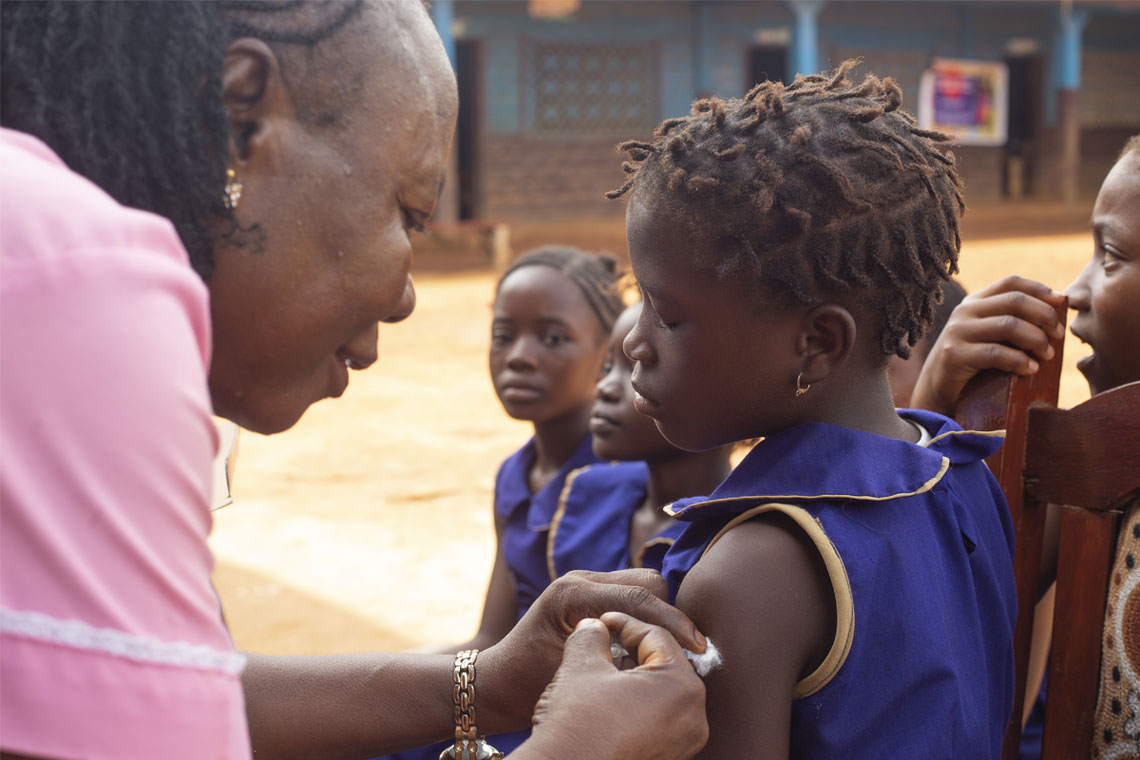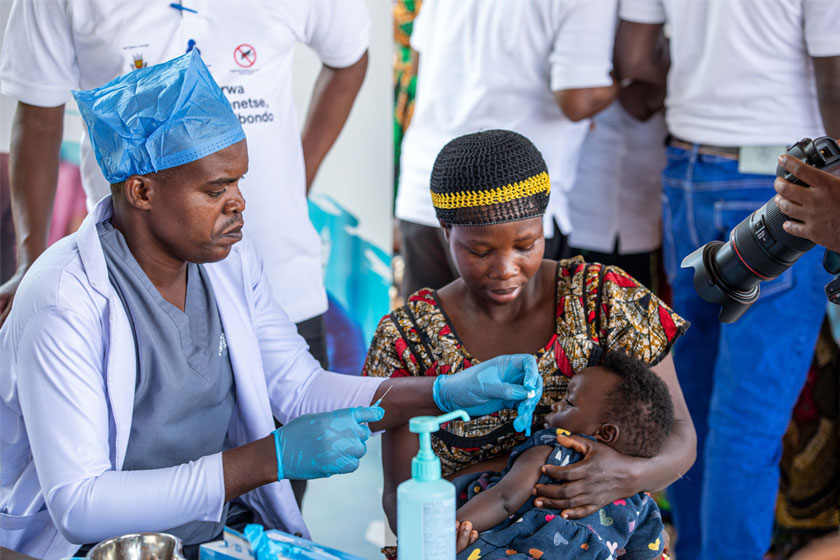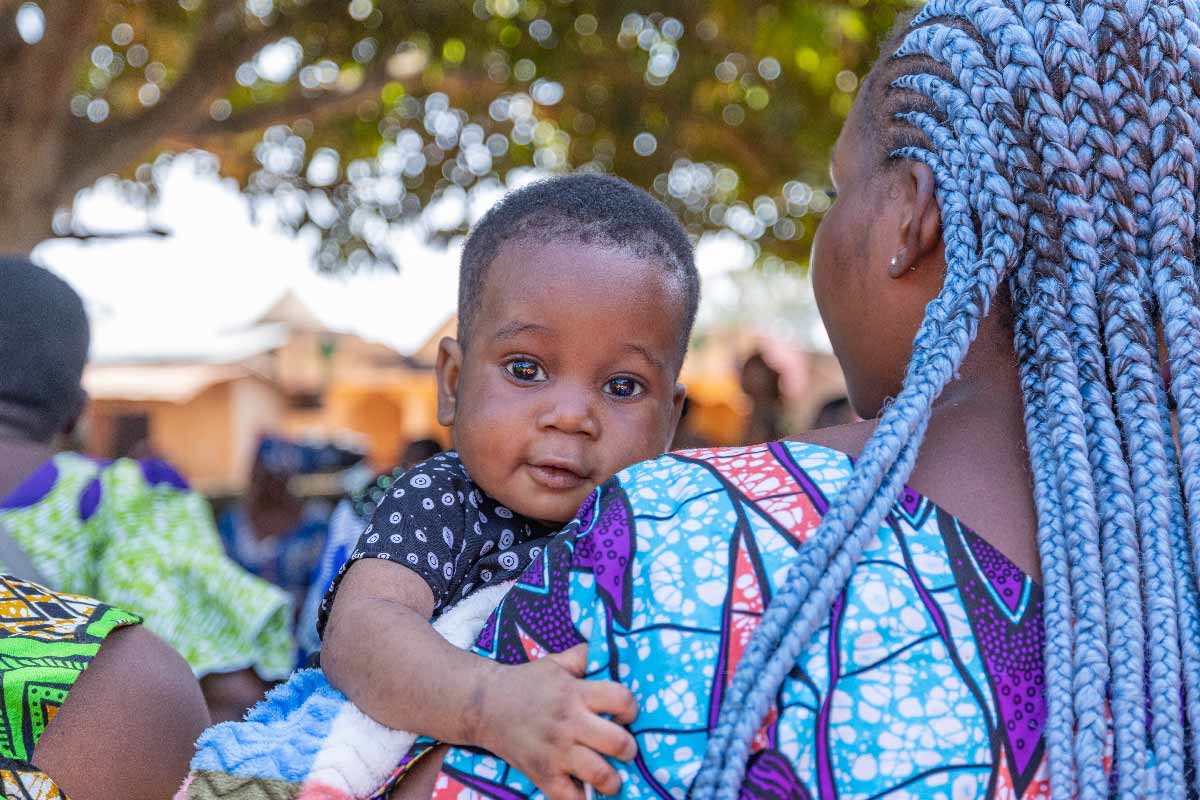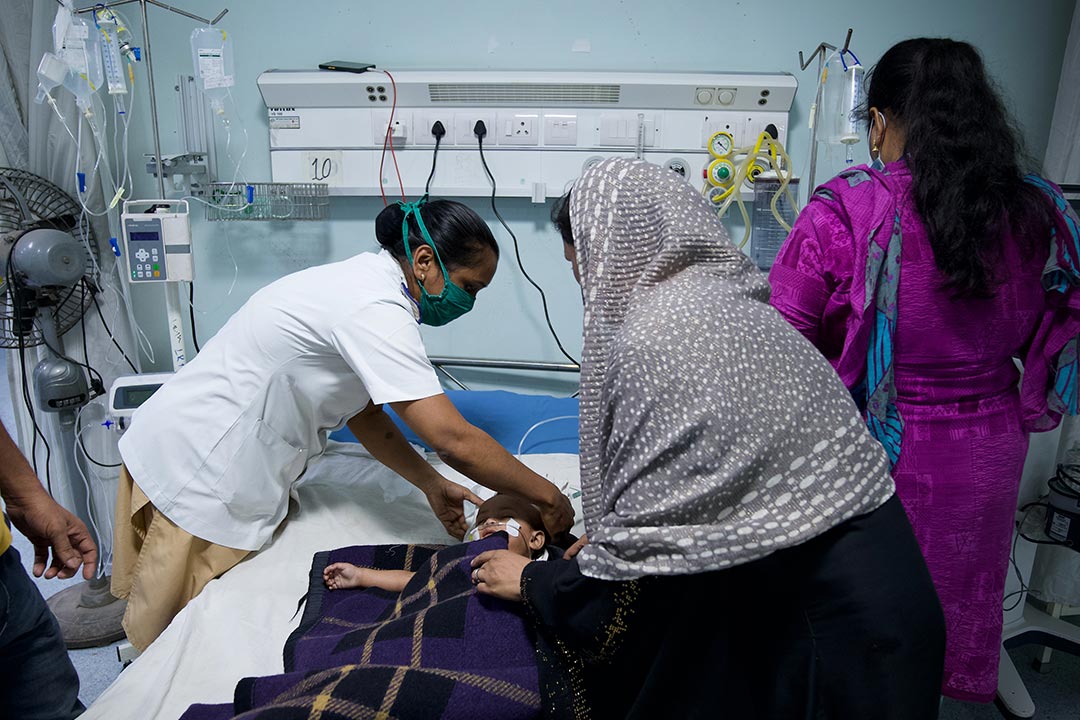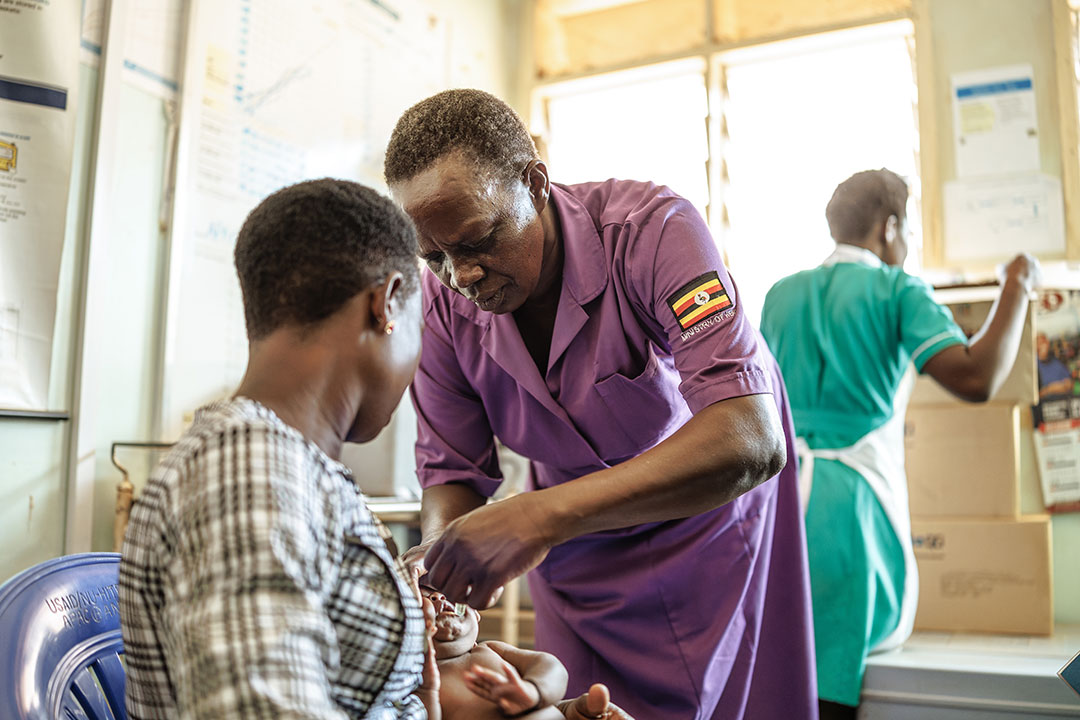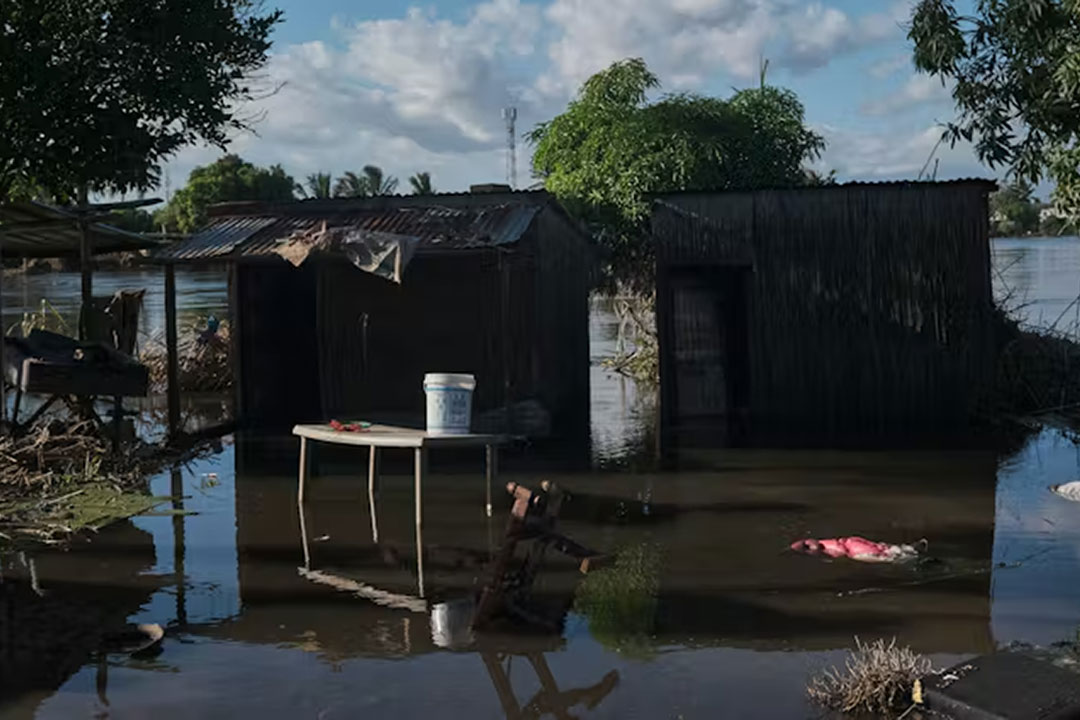International Women’s Day: Anuradha Gupta on ‘choose to challenge’
This International Women’s Day Vaccines Work is hosting a series of interviews with inspirational women from across the world. Here Anuradha Gupta, Gavi’s Deputy CEO, explains what ‘choose to challenge’ – this year’s IWD theme – means to her.
- 8 March 2021
- 4 min read
- by Gavi Staff
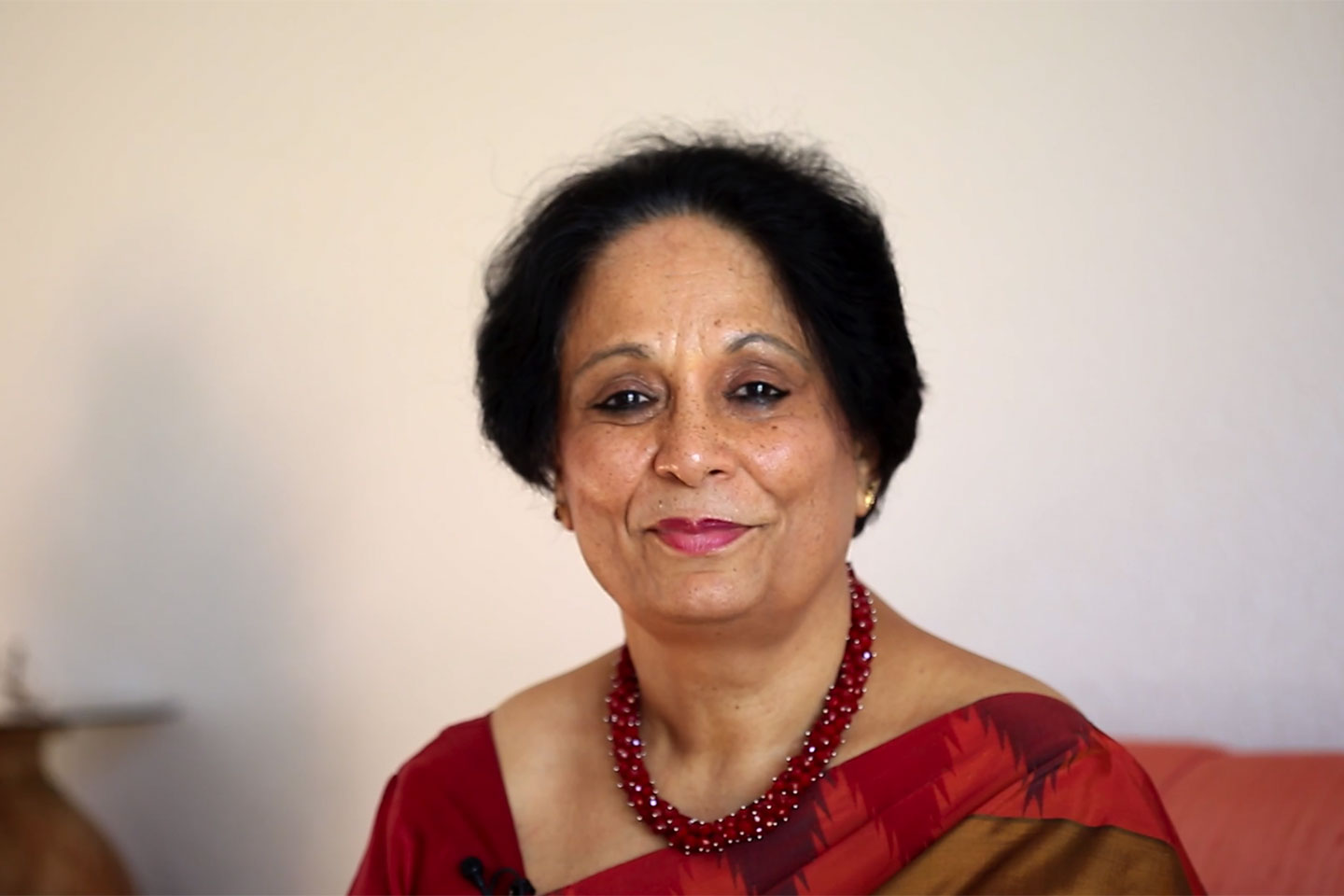
Follow along: #ChooseToChallenge #IWD2021
This year's International Women's Day theme is choose to challenge. What challenge have you been grappling with in your work, how can we address it?
In my work at Gavi and also in previous roles, one thing has been constant. Gender norms prejudice biased power structures that hold women back in remote rural settings where education and literacy levels are low. We see girls struggling for their survival and their development.
But in those settings where women are participating in the labour force and are in highly paid jobs, we also see a different kind of glass ceiling. It is time for all of us to stand united on this and challenge those power structures and entrenched mindsets that prohibit society from taking full advantage of the unique talent that women bring. It is time for us to really harness the energy and versatility that so many women across the globe bring, whether it be those women who are a part of the informal market, those women who are fighting on the frontlines or those women who are in decision-making positions. It is important that all of us invest in enhancing understanding of these gender related issues, and then look for solutions.
Do women have a special role to play?
Women have a very special role to play. They form half of society. They bring unique abilities. They have to be bold, they have to be fearless. They have to dream big, and they have to give wings to their dreams and then they have to wake up and work hard in order to realize those dreams.
My key message would be for women to not disenfranchise themselves.
Why is it important for women to choose to challenge, and for them to be represented in positions of leadership?
Women are equally as talented as men. They are also gifted with emotional intelligence. We have seen, particularly during the COVID pandemic. the ability of women to lead with character, courage and compassion. The ability of women to appreciate the human aspects of solutions to emerging problems is something extraordinary. And therefore, it is important that women get an equal share in leadership, which has long been associated with men and masculine traits. We have seen in many cases that female leadership makes a lot of difference, and that they bring forward human-centric design and solutions to intractable issues. They are able to lead with a lot of empathy and understanding, while in the process motivating and inspiring the people that they work with.
Have you read?
When you think of a woman who chose to challenge, who comes to mind? What impact did she have?
In the course of my work, I have seen a lot of women working at the grassroots level. These are unsung heroes. I have seen the trials and tribulations they go through; their indomitable will, their capacity to lead against all odds. It is these women and girls who inspire me all the time. I have learned a lot from them, and they have reminded me that there is so much more to do. I’ve seen women who formed groups and teams to prevent child marriages. I’ve seen groups of women who prevented female feticide in my home country, India. I’ve seen women challenging for girls to be in schools and also complete their education. I've seen women agitating against domestic violence and sexual abuse of women, and I've also seen women providing competent leadership on education, health Rural Development poverty alleviation. These are for me those real life. Women heroes who would inspire, not just me, but a lot of other people that that they come in touch with.
If you had one piece of advice for a younger version of yourself, what would it be?
My key message would be for women to not disenfranchise themselves. They have to give themselves permission to dream big and to go after their dreams, not to be held back by the deep societal norms that work against them. And that requires courage. That requires struggle, but we all have to be prepared to wage those battles and not give others the permission to hold us back.
